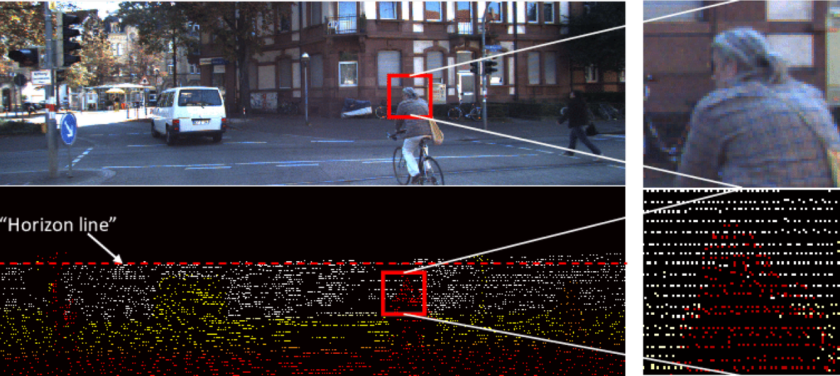A Finnish startup, Canatu, has come up with a touch sensor based on transparent films that are fabricated from carbon nanobuds (CNB). What’s interesting about the (CNB based) innovative sensors is that they can be adjusted and can be turned on any surface irrespective of its background shape. For instance, it could be applied on the touch controls of curved surface of automobile dashboard or any gaming consoles or play stations.
Contrary to the traditional transparent films, the newly evolved films are not smooth and they have enough room for accommodating buttons to flexible devices.
Carbon Nanobuds
Current transparent sheet is made up of indium tin oxide, which is quite fragile and is limited with its application, that is, it can only be placed on flat surface. Since long, carbon nanotubes have been looked upon as the best alternative given that the material is a good conductor of electricity. However, this feature of good conductivity between different nanotubes was seen missing in touch screens. Nevertheless, the CNBs looked more promising relatively. The ball-like appendages became its forte as they performed exceptionally well at emitting electrons consequent upon which the electrical connections were largely improved.
At present, Canatu is working on 40 prototype products. With an aim of covering thousands of smartphone touch screens on monthly basis, the firm has recently finished building its full-scale manufacturing equipment.
Directly from carbon-containing gases
Traditionally, manufacturing carbon nanotubes films was quite a complex and expensive process, however, Canatu’s founders, researchers at Aalto University, Finland, have started the process directly from carbon-containing gases and into nanobuds. Without going to the step of purification, they have directly deposited the CNB film in a single step.
Still the output in not hundred percent, that is, the film is not fit for huge screens as the electrical conductivity is not as high as it is required for the purpose. However, the material’s ability to stretch is far better than the other stretchable touch screen, which is nearly 200 percent without distorting the performance, added Erkki Soininen from Canatu.
The company envisions its applications in areas like industrial and healthcare devices, automobiles and kiosks.
Source: [MIT Technology Review], [Canatu]






